Why Sustainable Fashion Matters Now More Than Ever
The world is changing, and so are the clothes we wear. With fast fashion dominating the market, many consumers are waking up to its environmental and ethical costs. That’s why sustainable clothing brands are not just a trend — they’re a necessity.
In 2025, more people are asking, “Where do my clothes come from?” Brands that focus on sustainable materials, ethical labor practices, and low-impact production methods are quickly gaining popularity. It’s about looking good while doing good.
What Makes Sustainable Clothing Brands Truly Ethical?
Not all brands claiming to be “eco-friendly” truly are. Real sustainable clothing brands follow strict guidelines. They reduce water usage, eliminate harmful dyes, and ensure fair wages for their workers. They also focus on longevity — creating pieces that last, instead of clothing that falls apart after one season.
Sustainability is more than just using organic cotton. It’s a complete commitment to minimizing harm to the planet and people involved. Transparency, traceability, and thoughtful production are the backbone of a truly sustainable brand.
Organic Fabrics: The Core of Sustainable Clothing Brands
Sustainable clothing brands often turn to organic materials like cotton, hemp, bamboo, and even seaweed-based textiles. These fabrics use fewer pesticides and significantly less water compared to conventional ones. They also break down naturally, avoiding long-term waste in landfills.
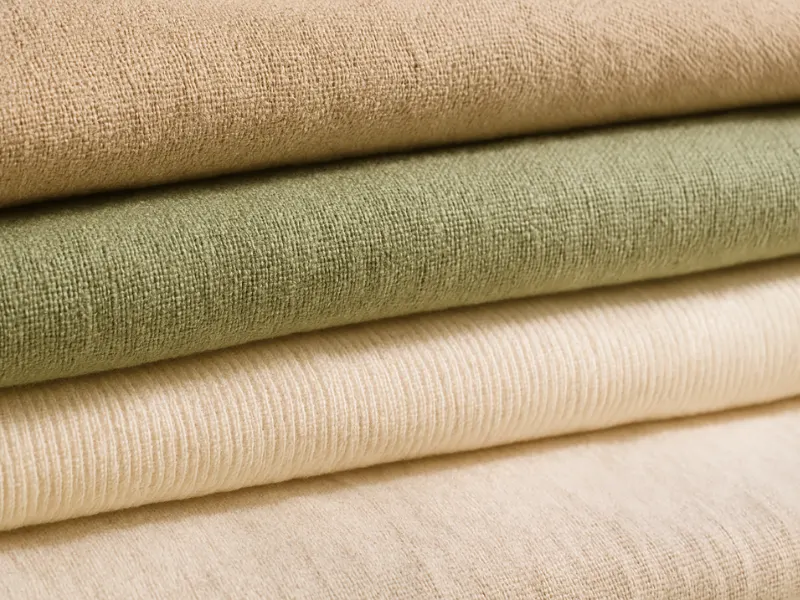
More importantly, organic fabrics feel great on the skin. They breathe better, hold up longer, and support farming methods that protect ecosystems rather than destroy them. Choosing them means supporting healthier soil and cleaner water.
Minimal Waste, Maximum Style
Less is more. Many sustainable clothing brands embrace a zero-waste philosophy. This means reducing fabric scraps, upcycling materials, and avoiding overproduction. Instead of mass-producing trends, they create timeless designs with purpose.
Zero-waste fashion doesn’t mean compromising on style. On the contrary, these brands often lead in creativity. Their pieces are versatile, durable, and thoughtfully made — perfect for those who care about both fashion and the environment.
Ethical Labor: Fashion That Respects People
Clothes should never come at the cost of human dignity. That’s why ethical labor practices are a non-negotiable part of sustainable clothing brands. These companies provide fair wages, safe working environments, and respect for their artisans.
When you support these brands, you’re supporting real people — not factories that exploit workers. You’re investing in communities, in craftsmanship, and in clothing that was made with care, not under pressure or injustice.
Sustainable Clothing Brands That Minimize Waste
Patagonia
Known for its activism and transparency, Patagonia is a leader in ethical outdoor wear. Their products are built to last, and they even repair old ones for free.
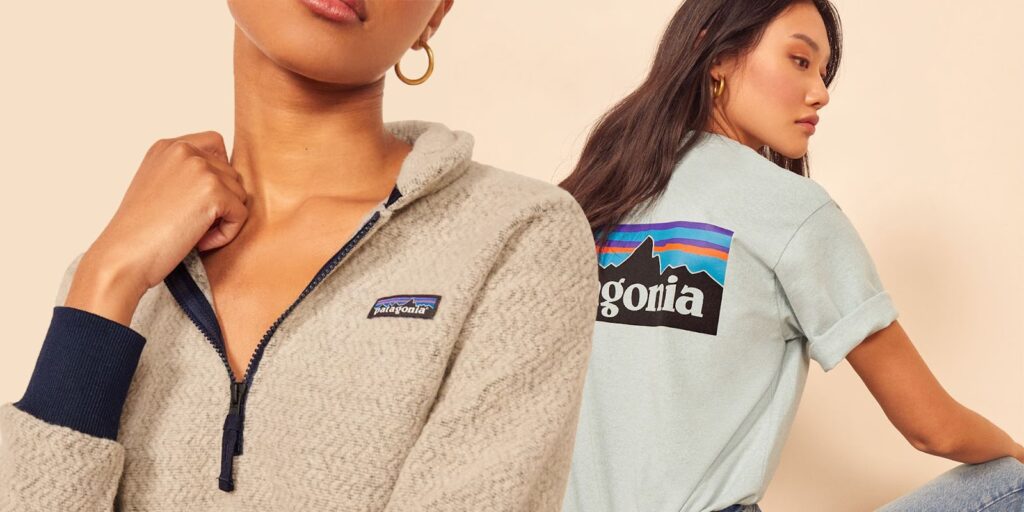
Pact
Using only organic cotton and fair trade-certified factories, Pact delivers comfort-driven everyday wear with minimal impact.
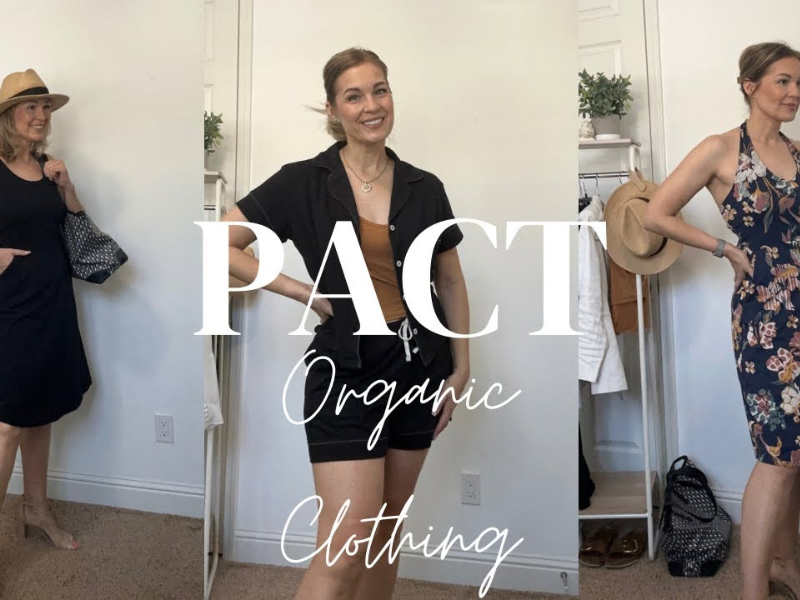
Reformation
Reformation offers chic, trend-forward pieces while tracking its environmental footprint for each item. Their commitment to transparency sets a high bar.
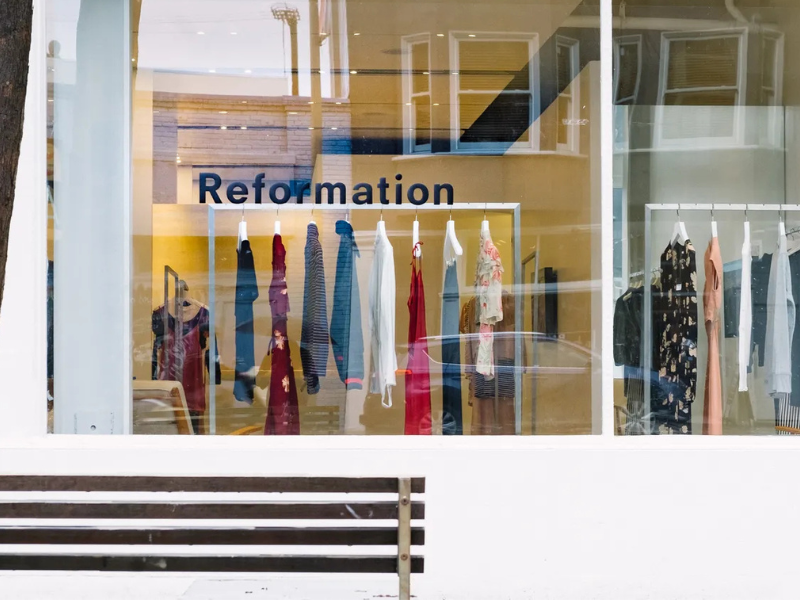
Thought Clothing
From hemp tunics to bamboo basics, this UK-based brand keeps things stylish while staying green. These are just a few examples, but they prove that sustainable clothing brands don’t have to sacrifice style for substance.
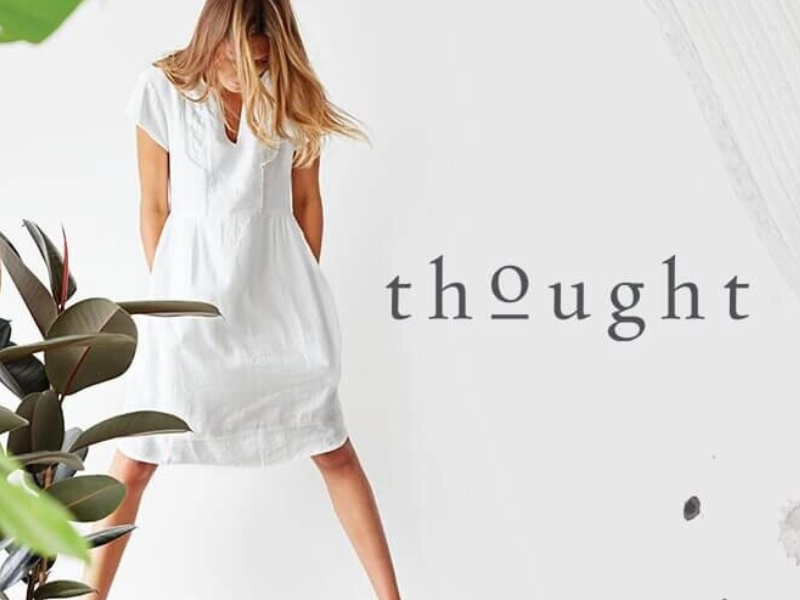
How to Avoid Greenwashing When Shopping Sustainable Brands
Let’s face it — not every brand advertising “eco-friendly” practices is telling the full truth. Greenwashing is when companies make misleading claims about sustainability to attract eco-conscious customers.
So how can you shop smart? Look for certifications like:
- GOTS (Global Organic Textile Standard)
- Fair Trade Certified
- OEKO-TEX
- B Corp
Also, read their “About” pages. Do they clearly explain their practices, or do they rely on vague buzzwords? If a brand is truly sustainable, they’re usually eager to show the details.
Budget-Friendly Ways to Support Sustainable Clothing Brands
A common myth is that sustainable fashion is too expensive. But think of it this way: you’re buying less, but better. Investing in quality pieces that last longer can actually save you money over time.
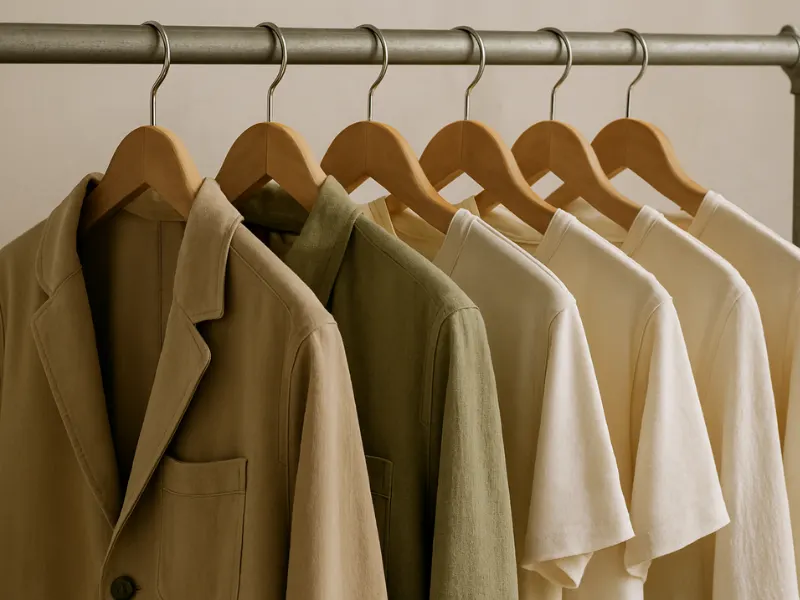
Plus, many brands offer sales, or you can shop secondhand from sustainable brands through platforms like Depop or Poshmark. Supporting sustainable clothing brands doesn’t have to break the bank — it’s about being intentional, not perfect.
Also Read: Best Workout Clothes for Women
Making a Difference by Choosing Sustainable Clothing Brands
You don’t have to throw out your entire wardrobe. Start small — swap fast fashion for a few staple pieces from ethical brands. Educate yourself, support small businesses, and be a mindful consumer.
When you choose sustainable clothing brands, you’re voting with your wallet. You’re shaping an industry that has the power to reduce waste, protect workers, and preserve nature. One outfit at a time, you can be part of the solution.
FAQs
Are sustainable clothing brands really better for the environment?
They reduce water usage, chemical runoff, and carbon emissions. They also avoid contributing to landfill waste and unethical labor.
Can I build a stylish wardrobe with only sustainable brands?
Absolutely. Many eco-brands offer fashionable, high-quality, and versatile pieces that suit every style and season.
Is organic cotton worth it?
It’s grown without harmful pesticides and uses less water, making it safer for farmers, soil, and your skin.

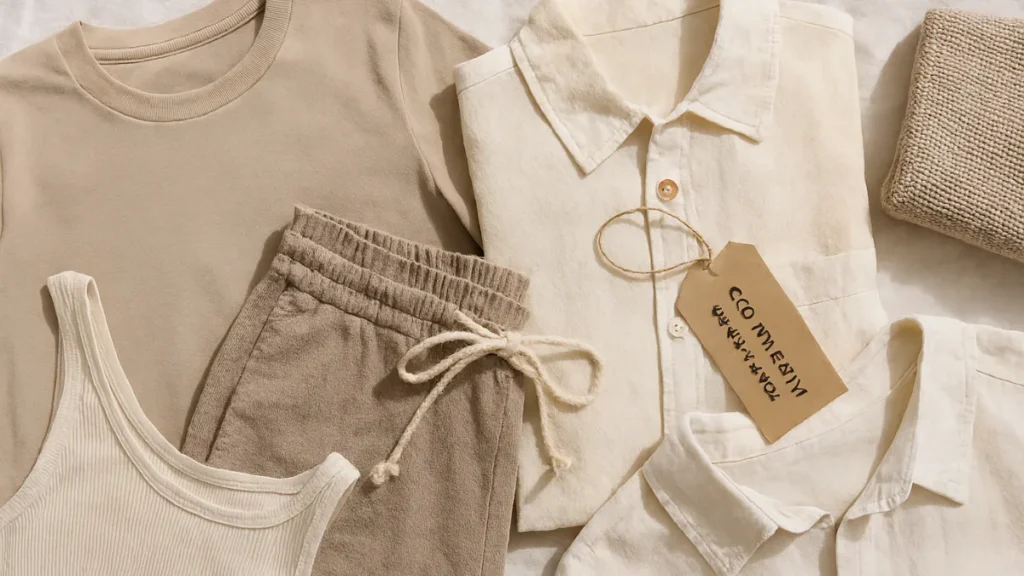








3 thoughts on “Sustainable Clothing Brands: Why They Matter in 2025”